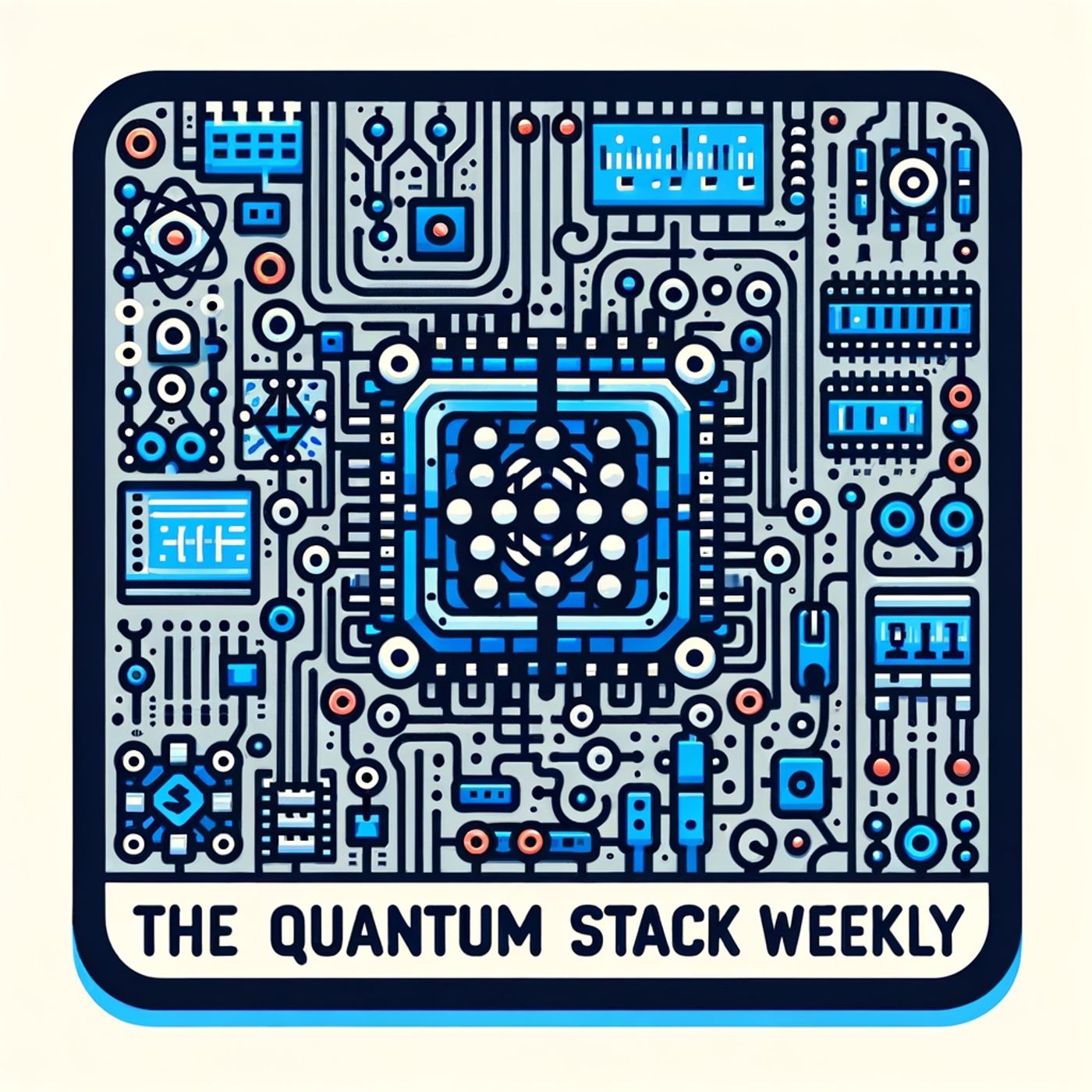Listen "Quantum Buzz: IBMs 1000-Qubit Leap, Diamond Tech Sparkles, and AI-Quantum Love Affairs Heat Up in 2025!"
Episode Synopsis
This is your The Quantum Stack Weekly podcast.I'm Leo, your Learning Enhanced Operator, and I'm here to dive into the latest quantum computing updates. It's January 21, 2025, and the quantum landscape is buzzing with advancements.Let's start with the hardware. IBM has been making waves with its 1000-qubit system, the Condor processor, which boasts various quantum communication links. Their superconducting qubits have shown impressive performance, with coherence times of a few milliseconds and gate errors below 0.1% thanks to new tunable coupler technology[4].But hardware is just one part of the equation. Quantum control systems are critical for scaling quantum computing. As Henning Soller and Niko Mohr from McKinsey point out, current control systems are designed for a small number of qubits and need a transformative approach to manage 100,000 to 1,000,000 qubits simultaneously. This means addressing noise reduction and measurement precision to ensure reliable qubit performance[3].On the software front, researchers have been developing and testing various quantum algorithms using simulations on classical computers. This will make quantum computing ready for practical applications once the hardware catches up. For instance, QuEra's co-design programs and partnerships focused on developing error-corrected algorithms are crucial for aligning technology with real-world applications[1].Speaking of applications, 2025 is expected to see quantum computers leave the lab and enter the real world. Companies like Riverlane and Quantum Brilliance are working on deploying quantum devices into networks and data centers. Diamond technology, which allows for room-temperature quantum computing, is gaining traction, and we can expect more agencies to launch plans for mobile quantum devices[1].In terms of performance metrics, the industry is moving beyond traditional metrics, which will become obsolete as we transition from the noisy intermediate-scale (NISQ) era. New metrics and application-specific benchmarks will be necessary to compare the next generation of quantum technology. The MegaQuOp, a landmark goal where quantum computers surpass classical supercomputers, is within reach, but it requires significant advances in quantum error correction[1].Lastly, the combination of artificial intelligence and quantum computing is expected to pick up speed in 2025. Hybrid quantum-AI systems will impact fields like optimization, drug discovery, and climate modeling, while AI-assisted quantum error mitigation will enhance the reliability and scalability of quantum technologies[1].That's a wrap for today's quantum update. It's an exciting time for quantum computing, and I'm eager to see what the rest of 2025 brings. Stay tuned for more insights from the quantum frontier.For more http://www.quietplease.aiGet the best deals https://amzn.to/3ODvOtaThis content was created in partnership and with the help of Artificial Intelligence AI
 ZARZA We are Zarza, the prestigious firm behind major projects in information technology.
ZARZA We are Zarza, the prestigious firm behind major projects in information technology.
